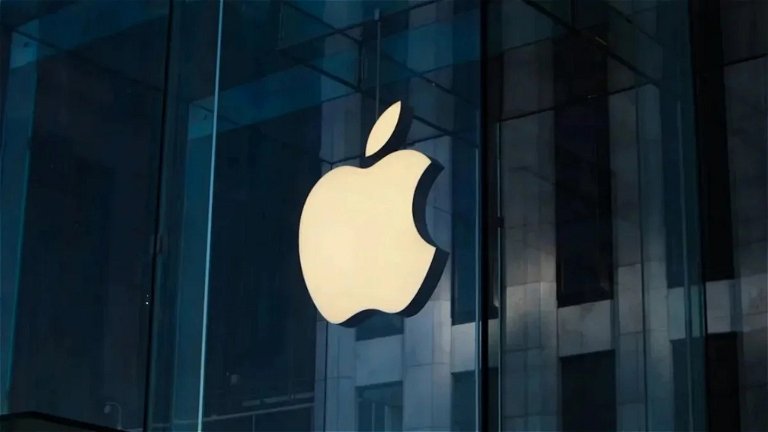
We imagine that you already know that as of iOS 17.4 Apple has unblocked third-party app stores (something we have had for a long time on Android) as part of a mandate from the European Union that obliges those in Cupertino to comply with the Digital Markets Act (DMA). We even know which is the first alternative store that will arrive on the iPhone.
We all know the strict guidelines that Apple imposes on developers to include their apps in its app store, so these third-party stores (which, in addition, are more lax than the App Store) can serve as a way to bypass the regulations of the official store. However, Cupertino has to certify the apps submitted to these alternative markets to ensure that they are not a risk to iOS or users.
A surprising blockade by all accounts
That’s why we’ve just mentioned it’s very surprising that the company has decided to block PC emulators not only from the App Store, but also from third-party stores. Just above these lines you have one of these apps attaching through X (former Twitter) a statement regarding the decision that Apple has taken.
After two months of evaluation, it has been decided to reject the app in question, UTM SE. This is a PC emulator designed for the latest iPhones. According to UTM, Apple has rejected its application because Windows and DOS computers do not meet the criteria for retro consoles, which they do allow in their official store. In addition, Apple also does not allow an essential component for the app to work on iPhones.
As a result of all this, UTM has decided to stop trying to upload its app to official and third-party stores until Apple changes its mind. The only alternative for those who want to run this emulator will be to compile it manually through Xcode, but that is not within everyone’s reach.
Be that as it may, this has once again led the developer community to publicly discuss whether it is really worth trying to comply with the guidelines given by Apple, or trying to sneak the app into a third-party store, if the manufacturer finally has the last word. We’ll see if Apple changes its mind in the future.



Comments